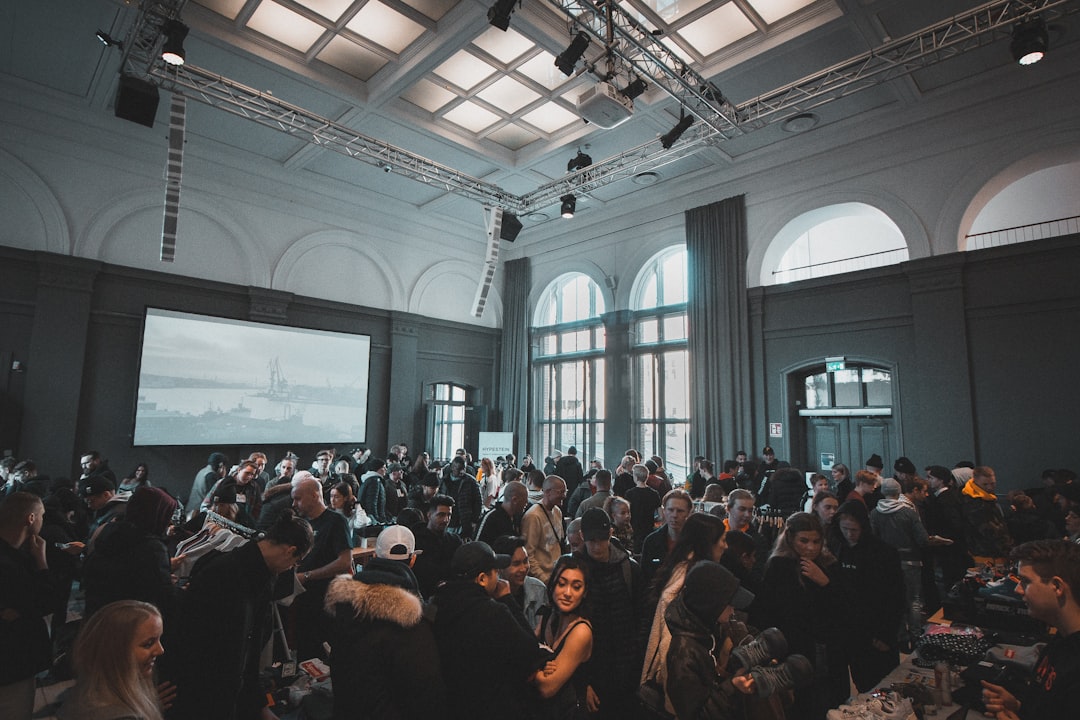The Art of Event Management: Crafting Memorable Experiences Beyond the Basics
In a world overflowing with gatherings, from birthday bashes to corporate conferences, the art of event management has evolved into a sophisticated practice. It’s no longer just about setting a date, booking a venue, and sending out invites; it’s about crafting unforgettable experiences that resonate with attendees long after the last toast has been made. Let’s dive into the multifaceted world of event management, exploring budget-friendly options, eco-friendly practices, and emerging trends that are reshaping how we celebrate and convene.
Event management is an intricate dance of logistics, creativity, and human connection. At its core, it’s about creating a space where people can gather, share ideas, celebrate milestones, and build relationships. However, this doesn’t mean it has to come with a hefty price tag. With a little ingenuity, it’s entirely possible to host breathtaking events without breaking the bank. Think local parks for outdoor weddings, potluck-style receptions, or virtual events that allow for global participation at a fraction of the cost.
Budget-friendly event management isn’t just about cutting corners; it’s about being resourceful. For example, leveraging technology can significantly reduce costs. Free event planning software can help keep track of RSVPs, budgets, and schedules, while social media platforms can be used for promotions without incurring additional advertising expenses. Additionally, DIY decorations can add a personal touch and create a more intimate atmosphere. Picture this: a charming wedding adorned with handmade centerpieces crafted from thrifted items or corporate events that feature interactive installations created by local artists. Not only do these elements save money, but they also infuse the event with character and a story.
However, let’s not forget the other end of the spectrum: luxury event management. The world of high-end events is one filled with extravagance, meticulous planning, and an eye for detail. It’s about curating experiences that leave guests feeling pampered and indulged. From exquisite catering by Michelin-starred chefs to breathtaking venues with stunning views, luxury events can offer a level of service that elevates gatherings to a whole new dimension. But what if you want that luxe feel without the exorbitant price tag? The secret lies in understanding the essence of luxury and applying it in subtle, innovative ways. For instance, instead of hiring a famous band, consider a talented local musician who can create an intimate vibe, or transform a standard conference room into an elegant setting with creative lighting and floral arrangements.
As we move toward a more environmentally conscious society, the concept of eco-friendly event management has gained traction. It’s not just a trend; it’s a responsibility. From utilizing biodegradable materials to partnering with vendors who prioritize sustainability, event managers can play a crucial role in minimizing the ecological footprint of gatherings. Imagine a wedding where the flowers are locally sourced and the food is organic, or a corporate event that uses digital handouts instead of printed materials. These choices not only reflect a commitment to the planet but can also resonate with guests, making them feel good about their participation.
Beyond logistics and aesthetics, the psychological impact of events cannot be understated. An event’s atmosphere can influence mood, engagement, and retention. For instance, the use of colors in decorations can evoke different feelings; blue tones often promote calmness, while reds can inspire excitement. Similarly, interactive elements such as live polls or Q&A sessions can boost engagement, making participants feel involved and valued. By understanding these psychological nuances, event managers can create spaces that foster connection, inspiration, and collaboration.
As we look to the future, emerging trends in event management are reshaping the landscape. Virtual and hybrid events have opened new doors, allowing for broader participation and accessibility. The rise of augmented reality (AR) and virtual reality (VR) offers exciting possibilities for immersive experiences. Imagine attendees at a conference who can explore virtual booths or watch live performances from the comfort of their homes.
In conclusion, event management is an ever-evolving field that combines creativity, strategy, and human connection. Whether you’re planning a lavish gala or a simple gathering, the essence lies in creating memorable experiences that resonate. By exploring budget-friendly options, embracing sustainability, understanding the psychological impacts, and staying ahead of trends, event managers can craft events that not only meet expectations but exceed them. So next time you think about an event, remember that it’s not just about what you do; it’s about the connections you create and the memories you forge.

